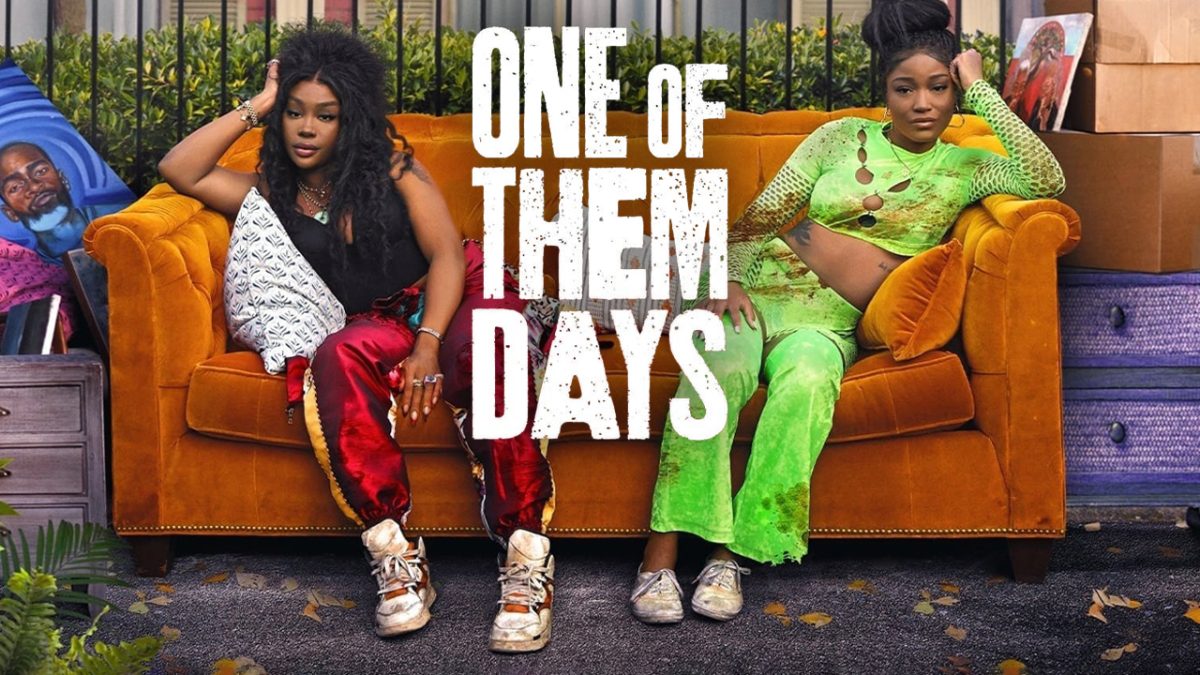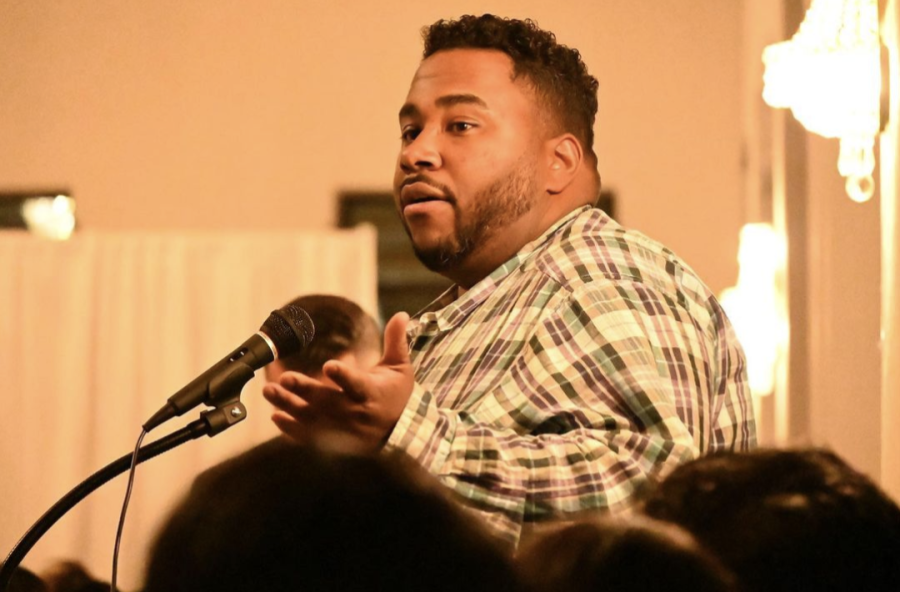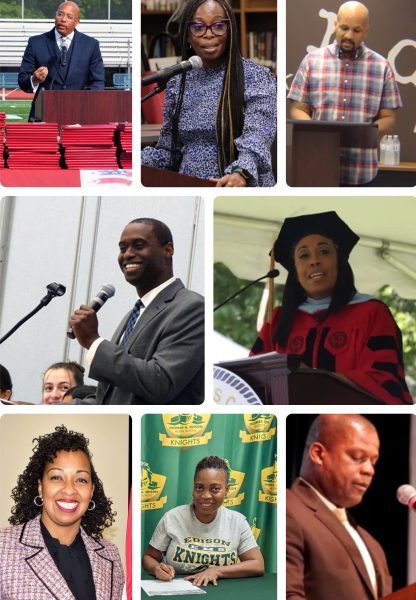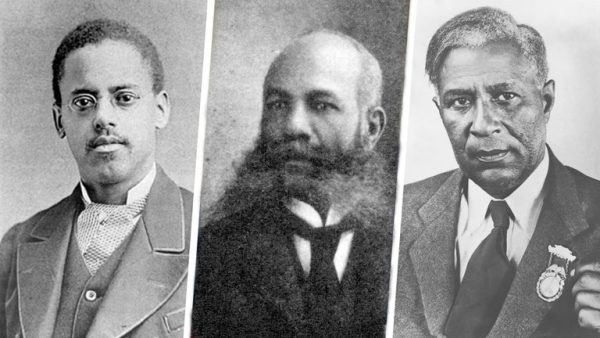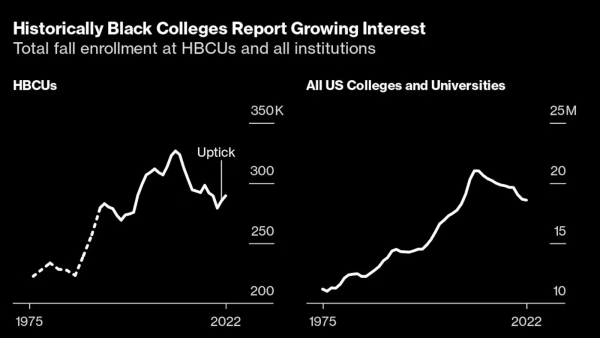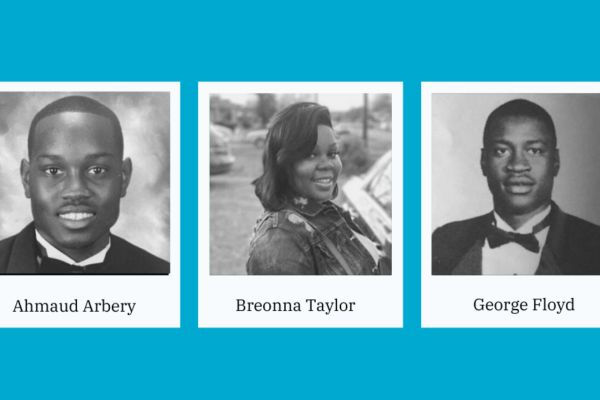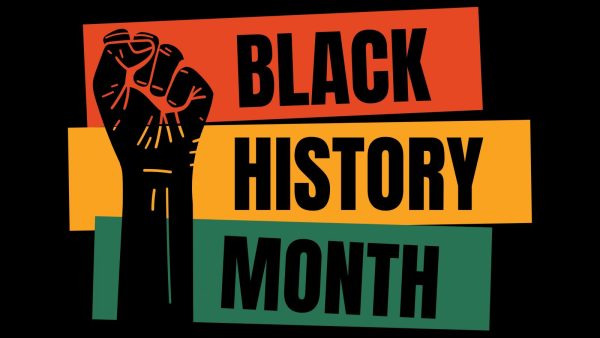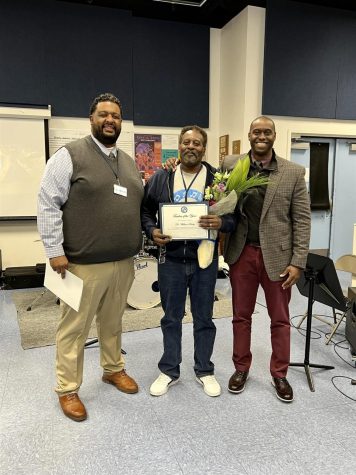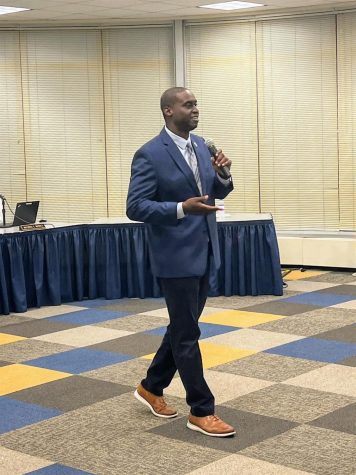David Perez: Educators of Excellence
David Perez, or “Coach” Perez as many know him at West Orange High School, has been a part of the West Orange Community for his whole life. Growing up in West Orange, Perez attended both Roosevelt and WOHS. Currently a 7th grade civics teacher at Roosevelt Middle School, Perez is dedicated to giving back to his students what he had growing up in the West Orange school system. “The atmosphere that West Orange provided growing up was a really fun, caring, embracing environment that made a lot of people comfortable in their own skin.” said Perez. The nurturing environment of his schooling led him to follow a career path in education.
As a civics teacher Perez teaches 7th graders the basics of American citizenship along with key concepts like the constitution, the bill of rights and checks and balances. Most importantly, however, Perez teaches students about their rights as US citizens. He explains that “Middle school students are way more informed today than…ever” with the access that they have to social media and the amount of information that gets out to them.” Despite current students’ abundant access to information, Perez says continuing to build civic skills is extremely important.
“I think the important thing to teach people is the right information…People need to understand what their rights are and the details that go into their rights.” explains Perez, going on to mention that “Not having that basic understanding of some of your everyday rights really holds back…[the] future voters, future lawyers, doctors; whatever West Orange students go on to do in their professions.” Perez mentions that staying educated about your rights goes beyond the classroom, extending into real life situations where “[people] get their rights violated and they don’t even know it.” Perez recalls, growing up, there were no civics courses while he was in middle school or highschool. Instead, students were taught basic US history, the inclusion of the current civics course, Perez says “serves [students] well in the long run well in the long run because they get a start at understanding the civic responsibility to the country”. Although some concepts taught in the course are “bigger” and harder to grasp for younger students, the basics of civic education sets students up for success.
Teachers have a huge role in shaping the lives of students. As Perez recalls, he himself was inspired by “some really good history teachers”. Perez recognizes the imprint educators leave on students but he also recognizes, similarly, the mark students leave on their teachers. “You never truly stop learning from the kids that you’re teaching,” he says, recalling his favorite moments from teaching have been “the unexpected.” From Ah-ha moments to spontaneous munchkins for a kid’s birthday, the “curveballs that happen every year” are what bring Perez joy as a teacher. He also aims to remind teachers of the positive, but also negative impact their actions have on students daily. Students, he says “are still looking up to us, even when we think they’re not”
During the month of February conversations always spark up about diversified lessons and classroom inclusivity around the time of Black History Month. Many teachers plan the same lessons each year, briefly mentioning Martin Luther King Jr. or Rosa Parks, then there are standout teachers who dive deep into the complexities of the black experience and the horrors most history books have erased. Perez recently wrapped up a Hip Hop history Unit with his seventh graders, going into depth about the origins of hip hop “and what rap was meant to do for African American communities and for people of color, what it did in the beginning [and] how it brought people together.” Unique from many lessons around Black History month Perez argues that “teaching that stuff can’t be generic, you do need to think out of the box and you need to find ways that you can make it modern,” stressing the importance of bringing life to lessons. “It’s important to not teach the same things every year because I think you kind of lose the importance and the significance of why we’re actually honoring these people.”
When US history is typically taught, a lot of the influence that African Americans and people of color have often get lost in the lessons. Most curriculums do not teach students about how tightly interconnected American history and American culture is with Black history and black culture. In his lessons, Perez explained that he wanted to “Draw connections they’ve never really understood.” In one lesson, his classes looked at how rap influences TikTok. Perez explained to his students that “a lot of times there are songs that are influenced by rap songs or even mashups blending two songs together [and] that was created by hip hop”.
Although a lot of students related to the lesson, most didn’t realize the origins of what they were listening to, and the cultural importance a lot of hip hop songs carried. “You have to give them situations that they can connect to,” Perez says. Perez’s approach to teaching is to get students engaged and interested in what they’re learning. Using music to teach history allows students to realize how connected black culture is with American society.
Perez also made connections throughout his lessons to Emmet Till who was around the same age as students at Roosevelt when he was murdered. “This is the scariest side of racism…someone your age could be brutally murdered for something that he didn’t even do.”
While education plays a big role in the community, at the highschool level, athletics is a significant part of many students’ lives. “Sometimes coaches see their players more than teachers see their students or parents or guardians see their own kids’ ‘ says Perez who has coached lacrosse in Sussex County, Morris County, and Essex County. In WOHS he coaches girls lacrosse and previously held the position of the girls freshman soccer coach at WOHS. A long sports enthusiast Perez grew up playing Lacrosse. He “started coaching on a volunteer basis when [he] was 19.” Later, securing his first official lacrosse job in West Orange at the age of 21.
A student and girls soccer player at WOHS expressed her gratitude toward having Perez as a coach by stating, “He taught me never to give up on myself mostly, but also if I was struggling in a game never to give in.” She went on to explain that Perez stresses teamwork and teaches his players that “Working as a unit and a team is a crucial life skill.” Perez mentioned how his childhood in West Orange was very supportive and how his neighborhood felt like family, something that is clearly reflected in his coaching style, “I like to coach hard but I like to coach with passion and I like to coach with some compassion as well too.” says Perez. “When you throw a little compassion into it that’s when people kind of understand, like, this person cares about me, and…they want to see me succeed.”
From coaching to teaching, Perez has seen many sides of the West Orange community, and surrounding districts so when asked about what could be changed to increase inclusivity and promote a better learning environment, he responded “I think our curriculum is so inclusive and diverse compared to what other districts are doing. I mean, if you’re just looking at what we offer in terms of LGBTQ plus community education, we’re probably light years ahead of other districts.” Perez says, “There’s so much that we offer that a lot of other school districts just don’t do. I can see how our students are set up for success.”
Of course, it is thanks to teachers like Perez that students in West Orange have such a bright future to look forward to.















































